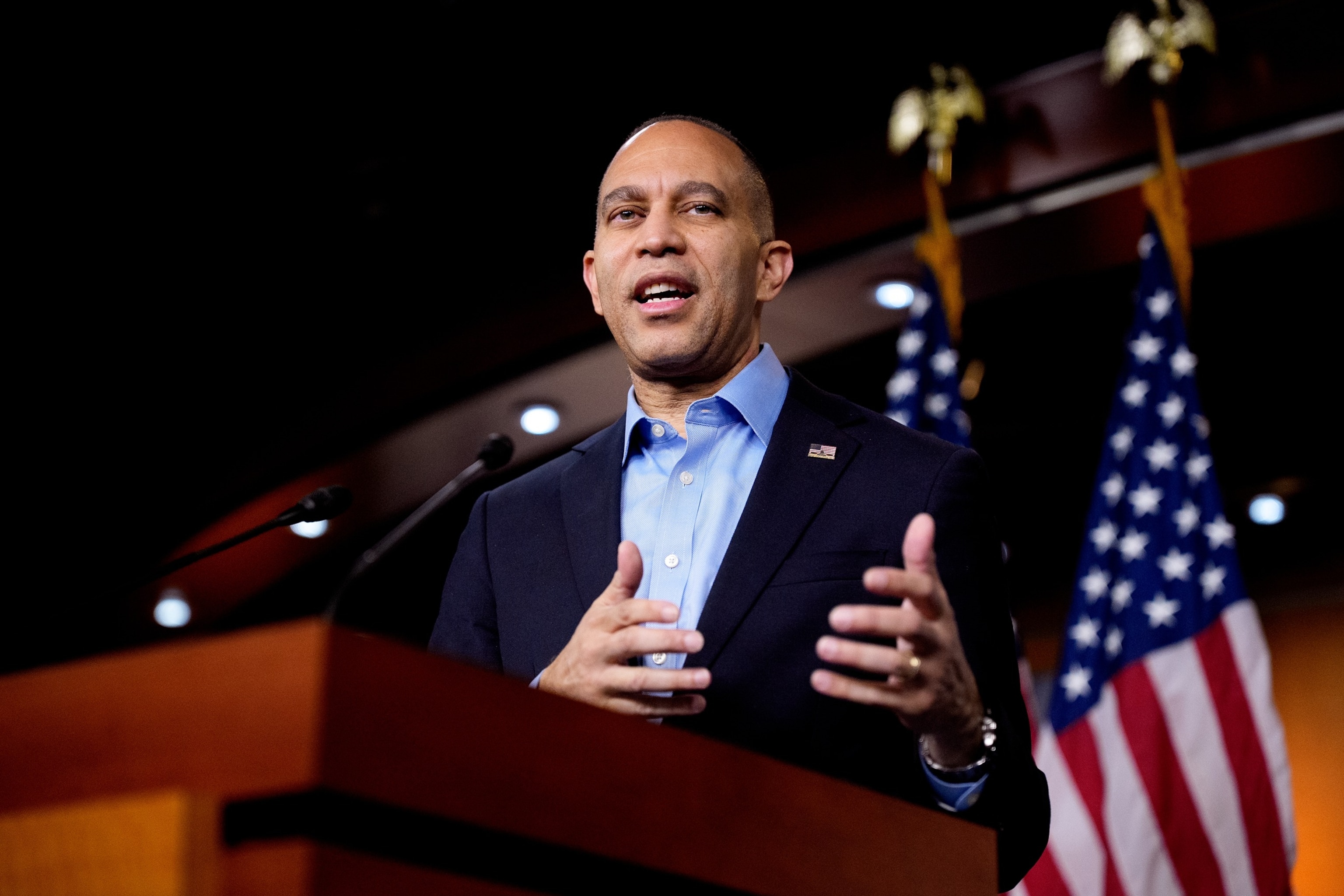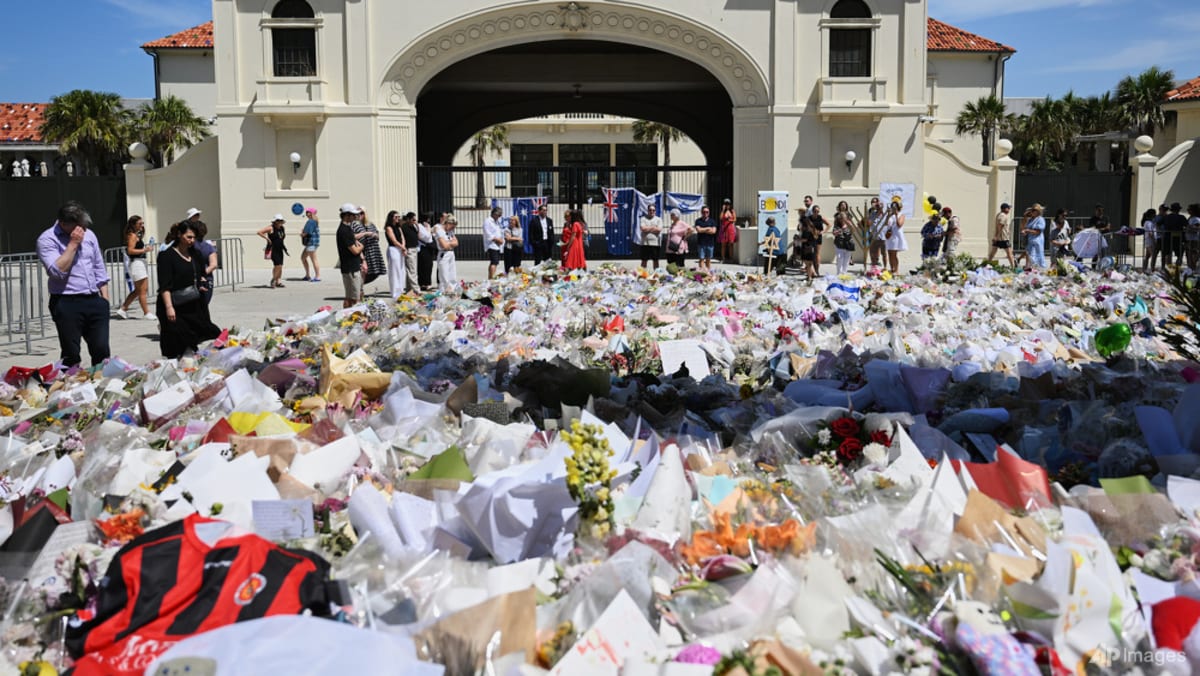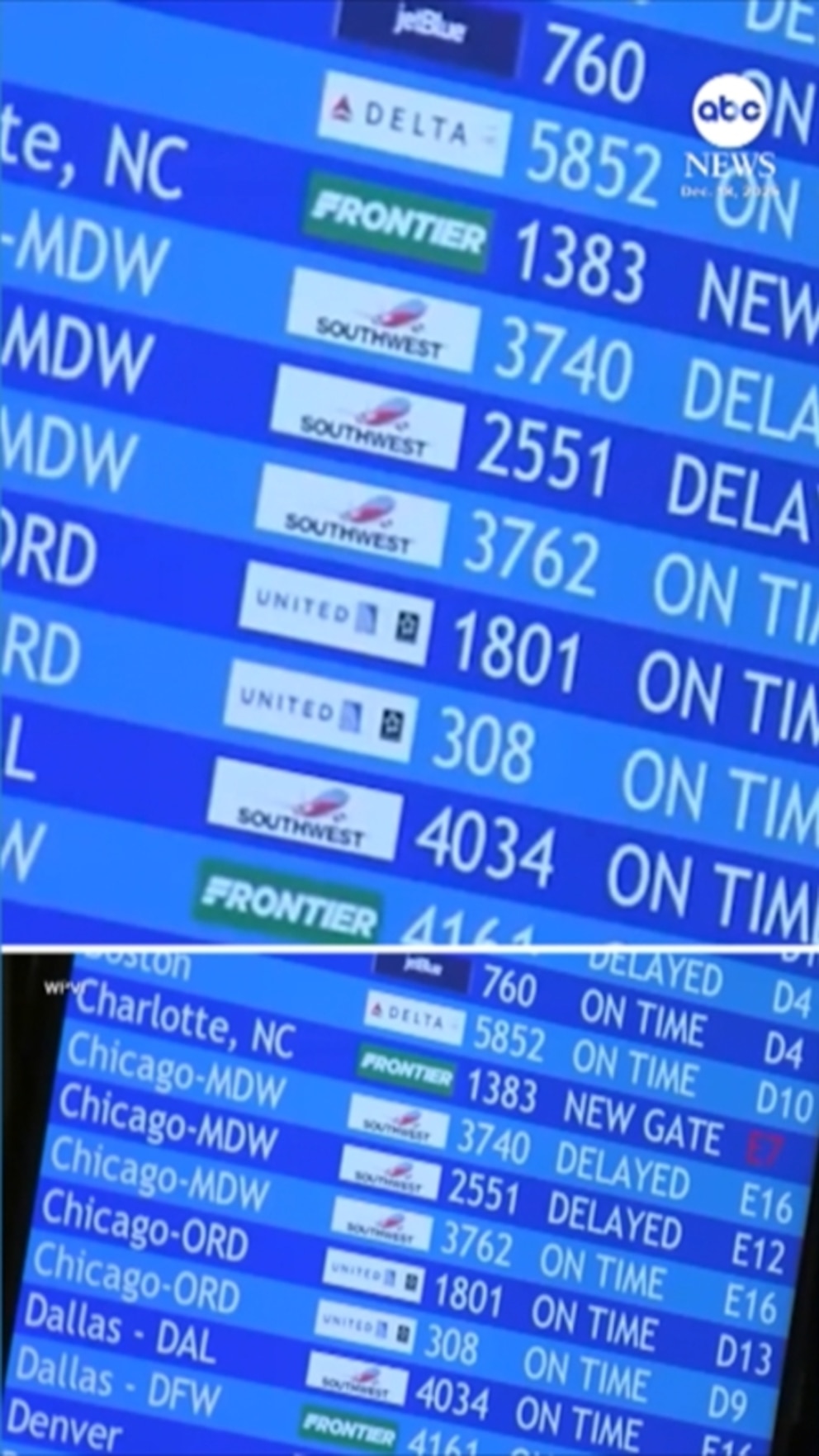Meta faces backlash over Canada news block as wildfires rage

MONTREAL: Meta is being accused of endangering lives by blocking news links in Canada at a crucial moment when thousands have fled their homes and are desperate for wildfire updates that once would have been shared widely on Facebook.
The situation “is dangerous”, said Kelsey Worth, 35, one of nearly 20,000 residents of Yellowknife and thousands more in small towns ordered to evacuate the Northwest Territories as wildfires advanced.
She described to AFP how “insanely difficult” it has been for herself and other evacuees to find verifiable information about the fires blazing across the near-Arctic territory and other parts of Canada.
“Nobody’s able to know what’s true or not,” she said.
“And when you’re in an emergency situation, time is of the essence,” she said, explaining that many Canadians until now have relied on social media for news.
Meta on Aug 1 started blocking the distribution of news links and articles on its Facebook and Instagram platforms in response to a recent law requiring digital giants to pay publishers for news content.
The company has been in a virtual showdown with Ottawa over the Bill passed in June, but which only takes effect next year.
Building on similar legislation introduced in Australia, the Bill aims to support a struggling Canadian news sector that has seen a flight of advertising dollars and hundreds of publications closed in the last decade.
It requires companies like Meta and Google to make fair commercial deals with Canadian outlets for the news and information – estimated in a report to parliament to be worth C$330 million (US$250 million) per year – that is shared on their platforms, or face binding arbitration.
But Meta has said the Bill is flawed and insisted that news outlets share content on its Facebook and Instagram platforms to attract readers, benefiting them and not the Silicon Valley firm.
PROFITS OVER SAFETY
Canadian Prime Minister Justin Trudeau this week assailed Meta, telling reporters it was “inconceivable that a company like Facebook is choosing to put corporate profits ahead of (safety) … and keeping Canadians informed about things like wildfires.”
Almost 80 per cent of all online advertising revenues in Canada go to Meta and Google, which has expressed its own reservations about the new law.
Ollie Williams, director of Cabin Radio in the far north, called Meta’s move to block news sharing “stupid and dangerous.”
He suggested in an interview with AFP that “Meta could lift the ban temporarily in the interests of preservation of life and suffer no financial penalty because the legislation has not taken effect yet.”
Source: CNA















